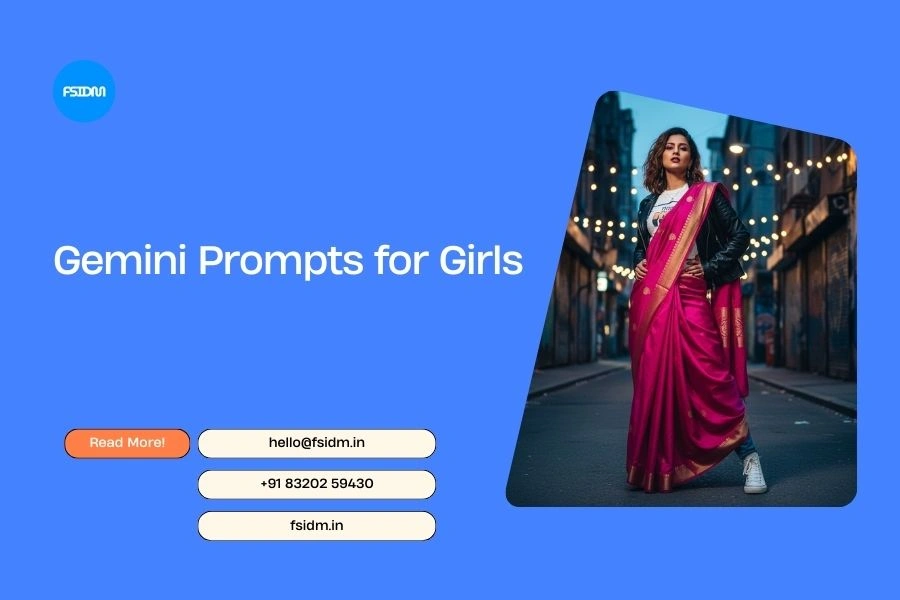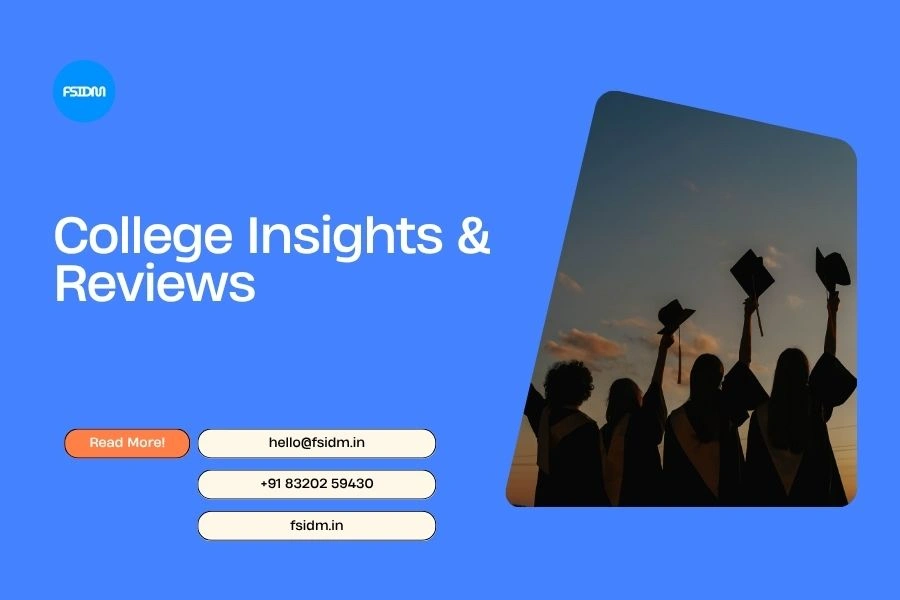Lack of support isn't a chapter in the textbook
Imagine preparing for a final exam, your brain is fried, the pressure is at its peak, and you reach out to someone… but all you get is a “hmm.” That’s not a response, that’s emotional buffering.
For many students, lack of support isn’t a chapter in the textbook—it’s the whole book. Whether it’s academic guidance, emotional backing, or just a listening ear that doesn’t say, “Itna stress kyun lete ho?”, the absence of a support system can feel heavier than a semester’s worth of group projects where you did all the work.

“Sometimes the loudest thing in a student’s life is silence—from those who were supposed to stand beside them.”
The Three Types of “Support Missing” in a Student’s Life:
1. Academic Guidance? Error 404 Not Found
You ask a doubt in class. The professor answers like you’re pursuing a PhD in rocket science. Your peers nod in agreement but also look equally lost. Welcome to the blind-leading-the-blind university of life.
Tip: Find your tribe. Study groups, forums, or even that one genius in class who actually enjoys explaining concepts—cling to them like Wi-Fi in a train.
2. Emotional Support: The Invisible Best Friend
Sometimes all a student needs is someone to say, “I get it.” But instead, you get unsolicited advice or worse, comparison. “When I was your age…” Uncle, please. You also wore bell bottoms unironically.
Tip: Vent without seeking solutions. Journaling, trusted friends, or even pets (they won’t interrupt)—just unload your brain clutter.
3. Parental Support: Love With a Side of High Expectations
Parents mean well, but the translation from “I’m proud of you” to “Sharma ji ka beta…” is an art form we wish was less common. Many students feel the pressure to constantly achieve, fearing that anything less than an A+ is an emotional bankruptcy.
Tip: Communicate clearly. Express feelings without drama or sarcasm (even if it’s tempting). Sometimes parents need help understanding what “support” looks like today.
📎 So What Can We Do?
Support doesn’t always mean grand gestures. Sometimes it’s a quick reply, a non-judgmental talk, or someone simply showing up—like that one friend who always has class notes ready.
If you’re a student, remember: it’s okay to ask for help, repeatedly if needed. And if you’re someone who can offer help—do it. Your one small check-in could be someone’s major turning point.
Need help doesn’t mean you’re weak. It means you’re human. And humans thrive in communities, not silos.









